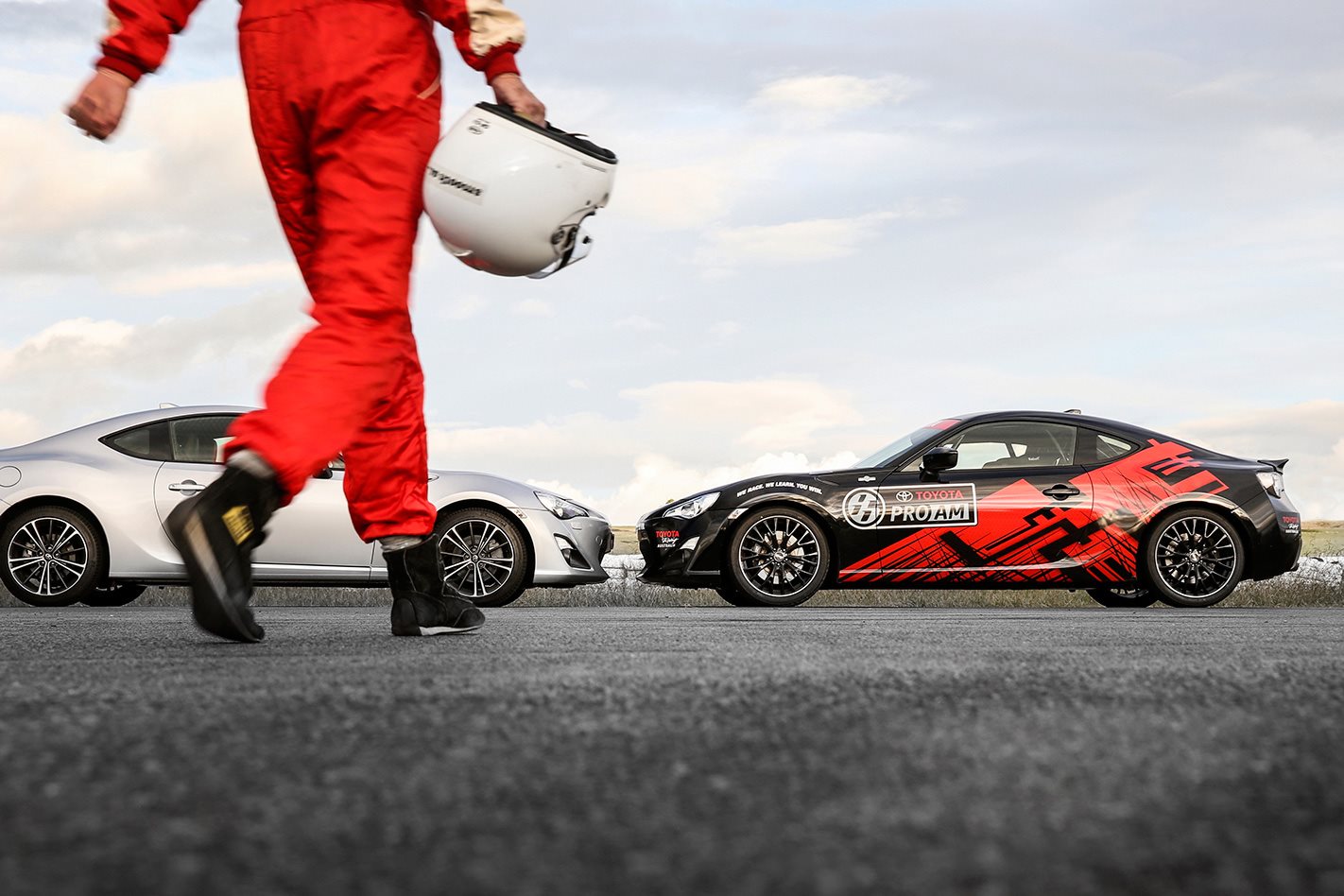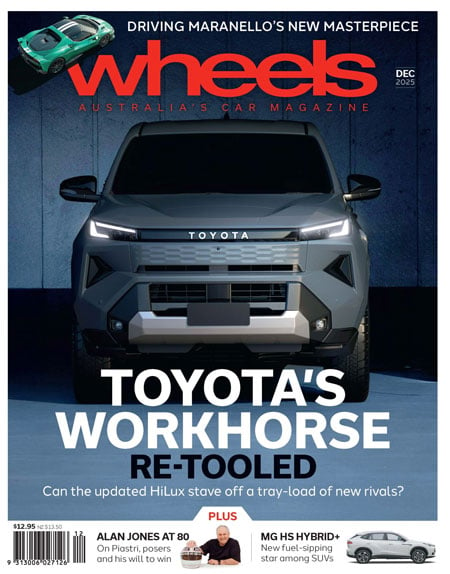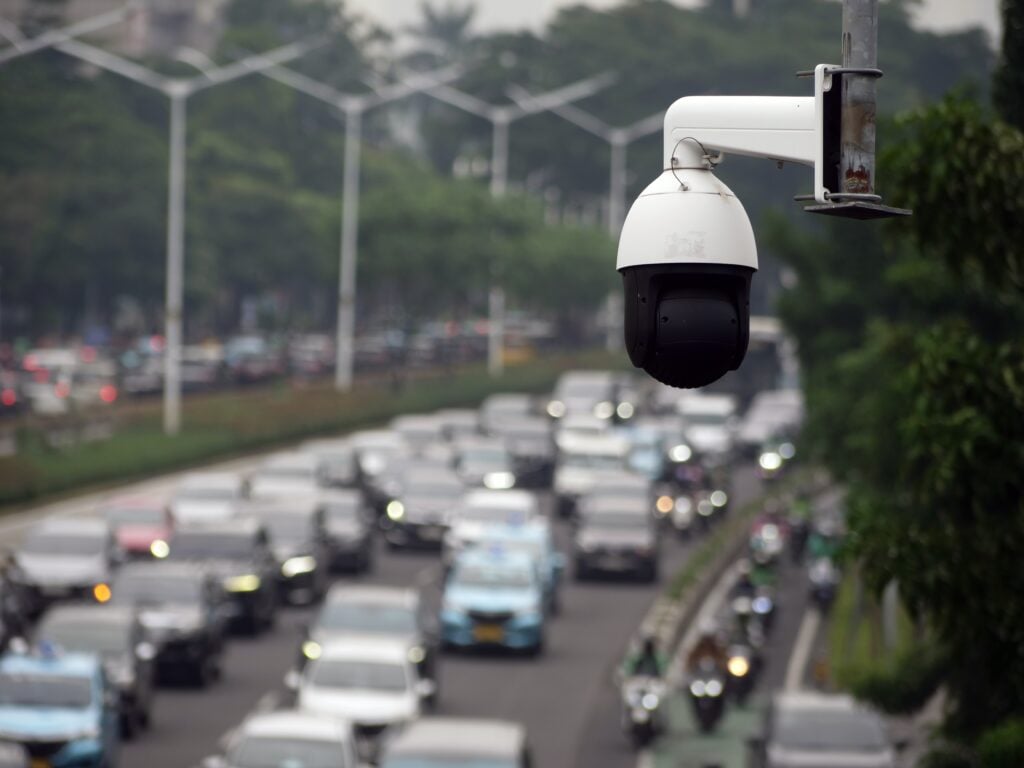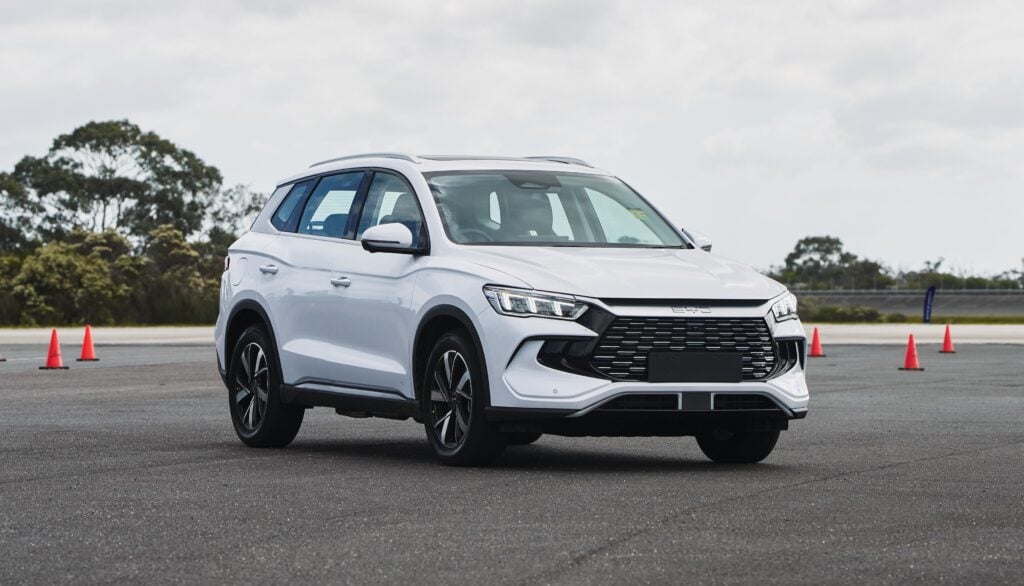DOES motorsport make you a worse driver on the road? A world-first Queensland University of Technology (QUT) study is about to find out.
The study, commissioned by the Australian Institute for Motor Sport Safety (AIMSS) and RACQ, aims to either debunk or prove the thinking that improving driving skills – either by taking part in amateur motorsport or driver training – makes drivers more at risk, or more safe, on the roads.
The report’s author, QUT School of Public Health and Social Work senior lecturer Kristi Heesch, said she hoped the findings would put an end to the argument.
“We’re doing two things,” Heesch said. “We’re looking at how driver training pre- and post-licensing affects driver behaviour, as well as motorsport.
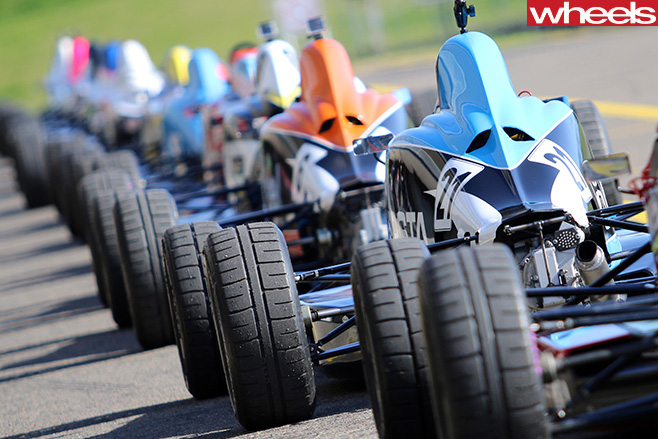
“The interest in motorsport is that there have been very few studies that have looked at the impact of motorsport. Most of those have grouped people who have been both fans and enthusiasts as well as participants, not looking at them separately.”
Key to the study is the advanced driver training that drivers must complete to advance their motorsport licences, she said. “So does that give you skills that make you more safe, less safe on the road? We don’t know, we have no idea.”
According to Heesch, the aim of the report was to “say something more definitive than what’s been said in the past”.

“On the other hand, if we do find that not to be true … that, of course, makes the motorsport people happy. I guess that will be controversial in that people are pretty set on the idea that motorsports overall is pretty bad.
“There’s another thinking that’s out there: I must be good because I’ve had driver training.”
The study will also try to determine what influences advanced training had on a driver’s behaviour.
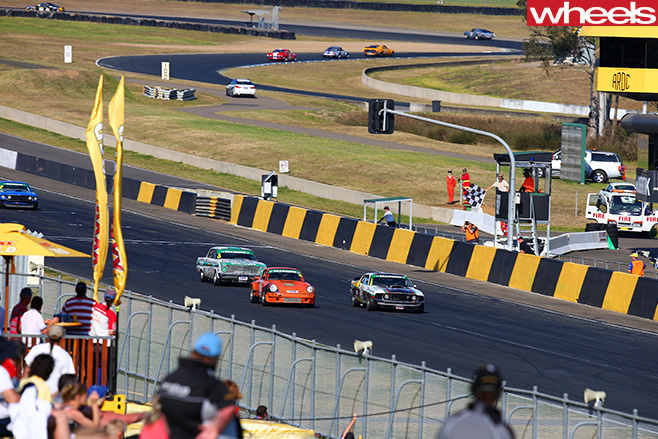
The report will be based on a survey of Confederation of Australian Motor Sport licence holders, and RACQ members.
Click here to access the survey
Preliminary findings will be sent to both AIMSS and RACQ in May, with the final report released at the end of this year.
Whatever the report’s findings, Heesch said she believed they would spark debate worldwide.
“I kind of knew I was walking into a controversial topic,” she said.

